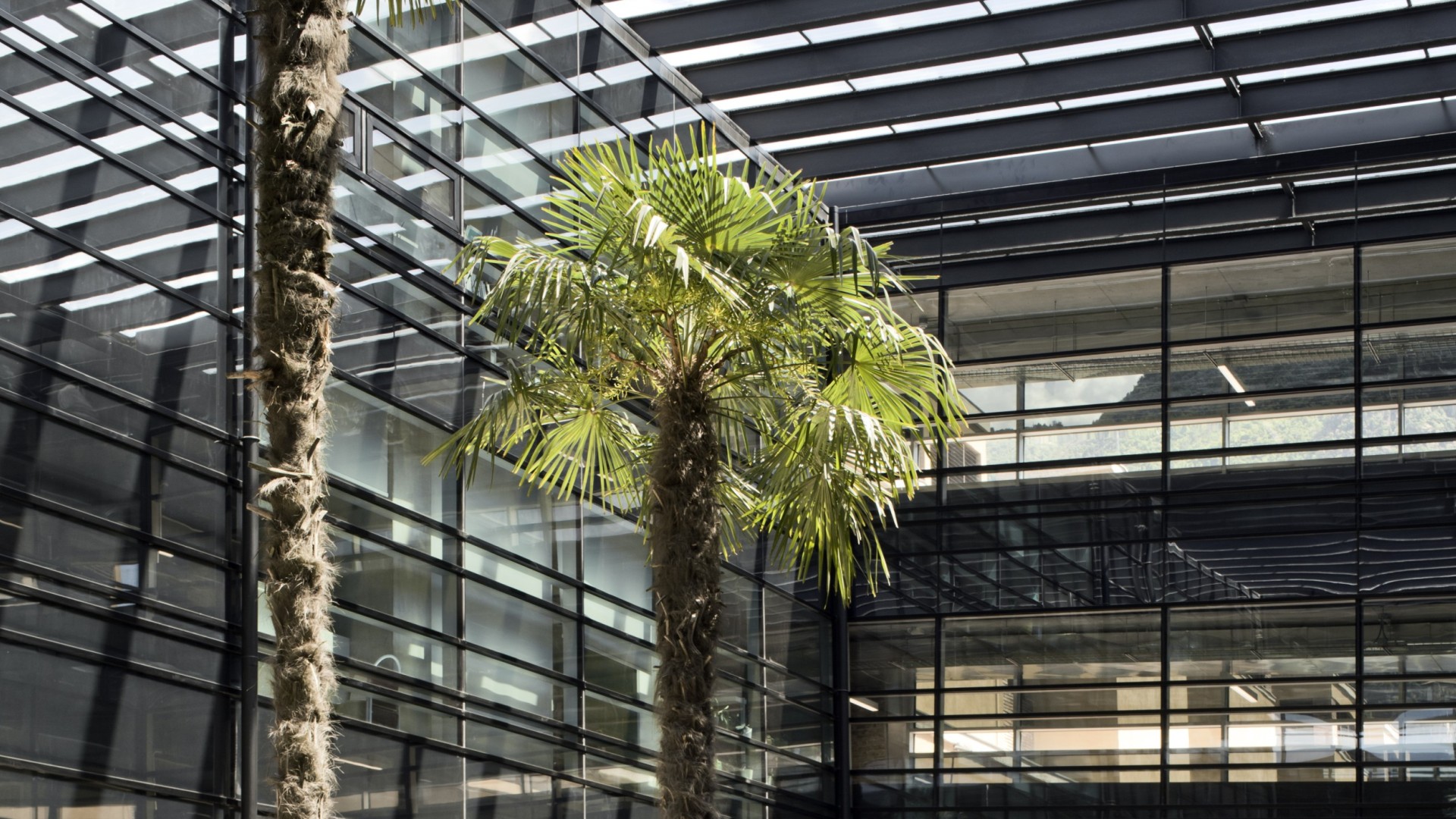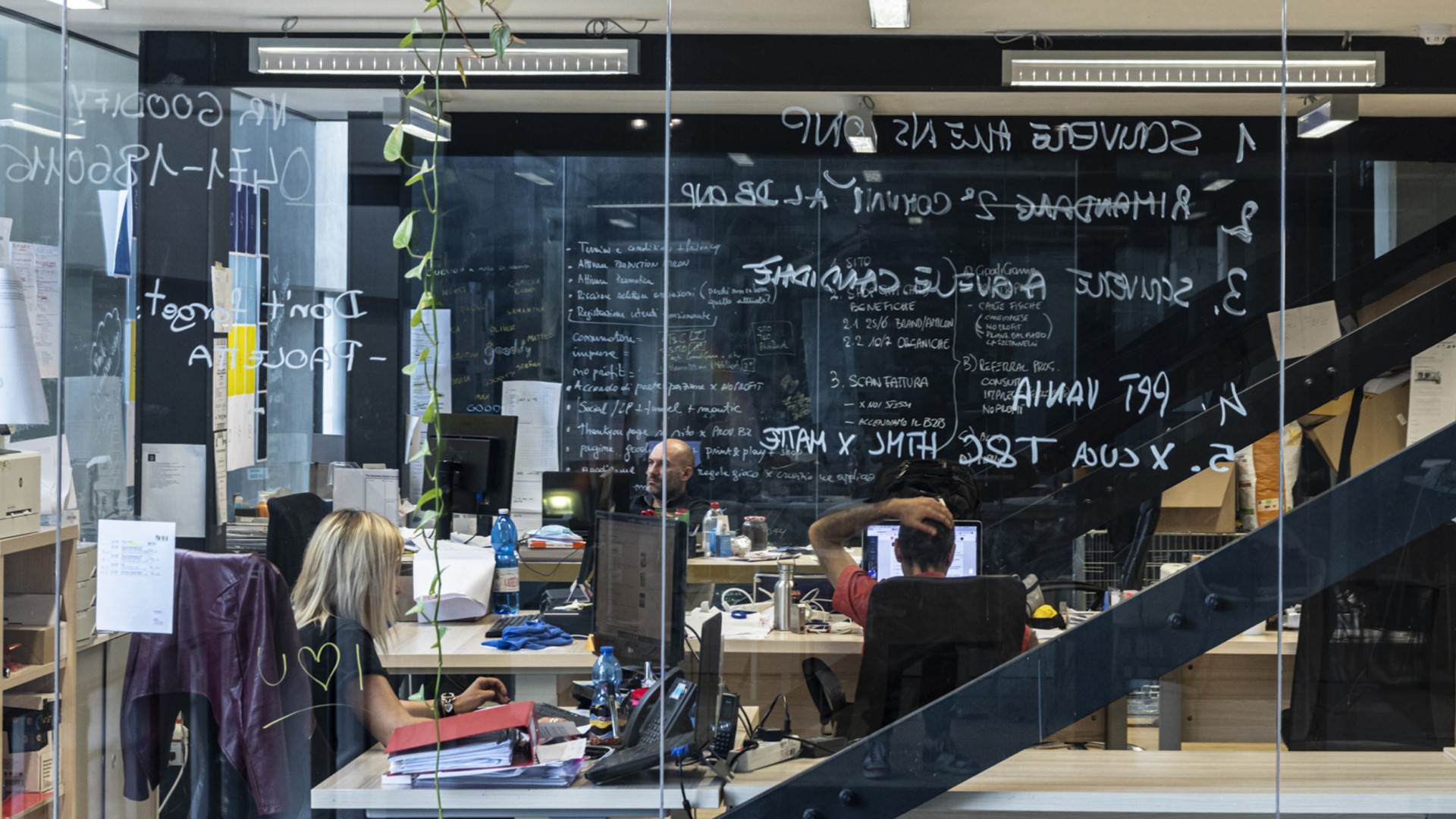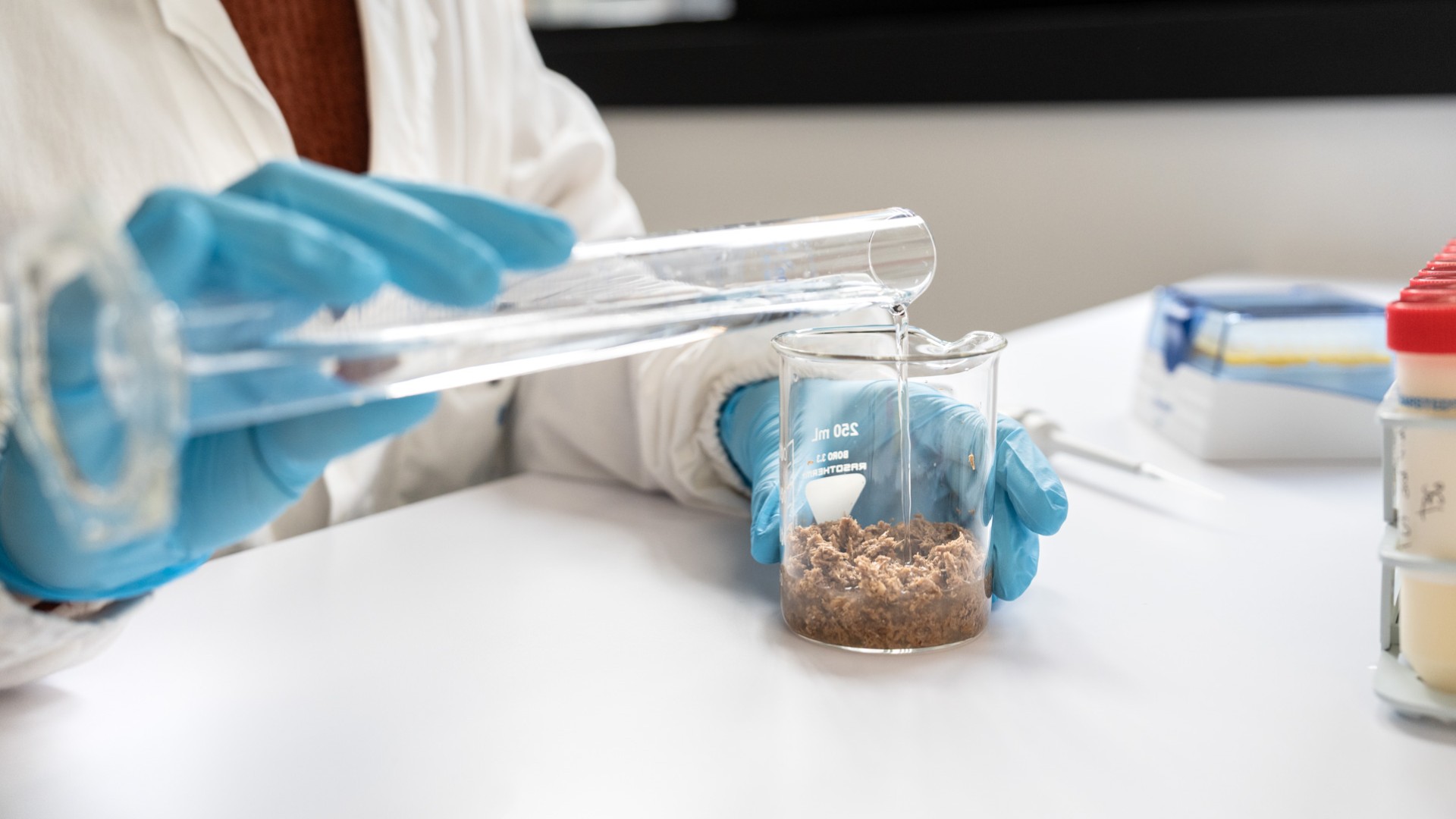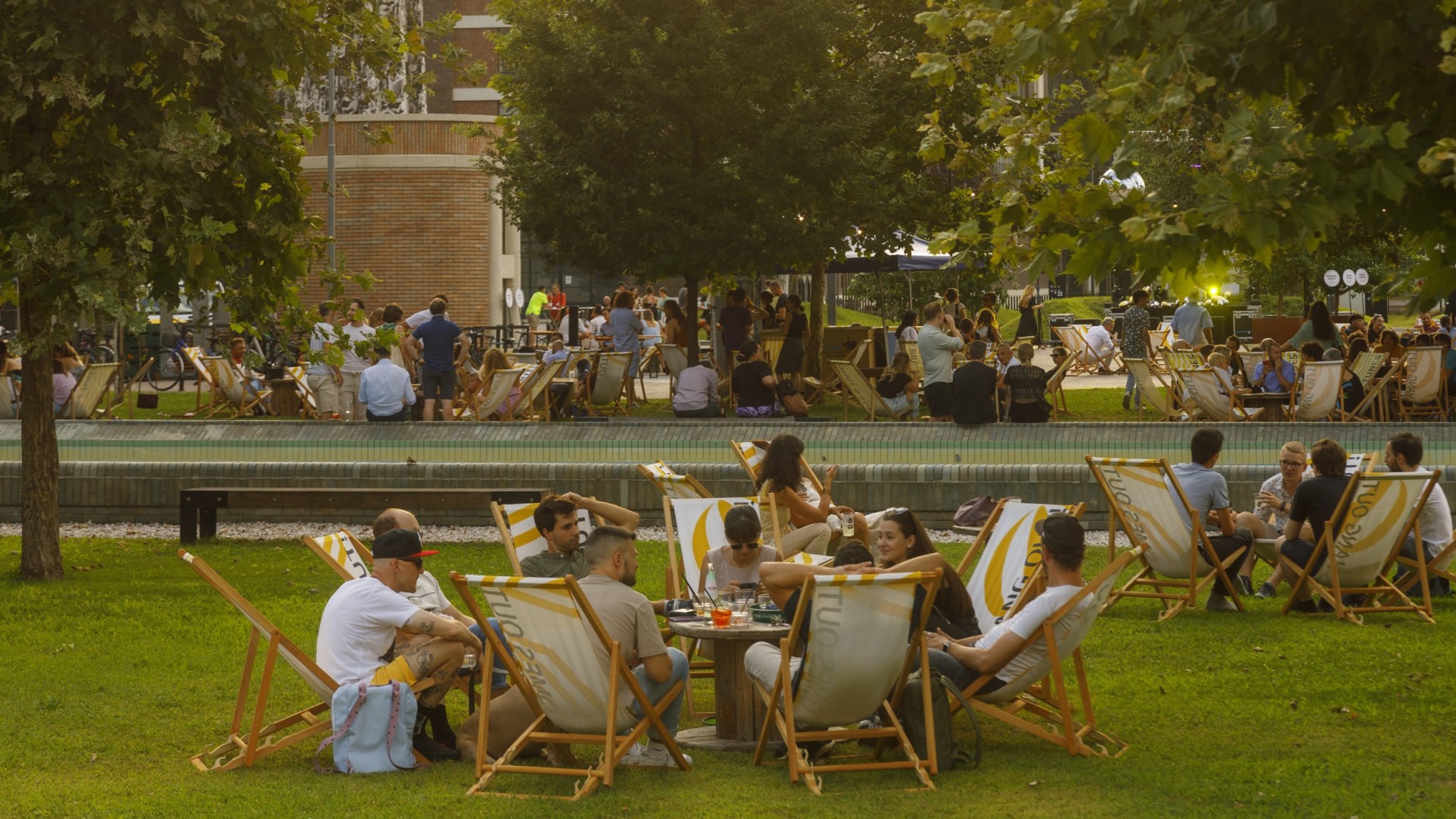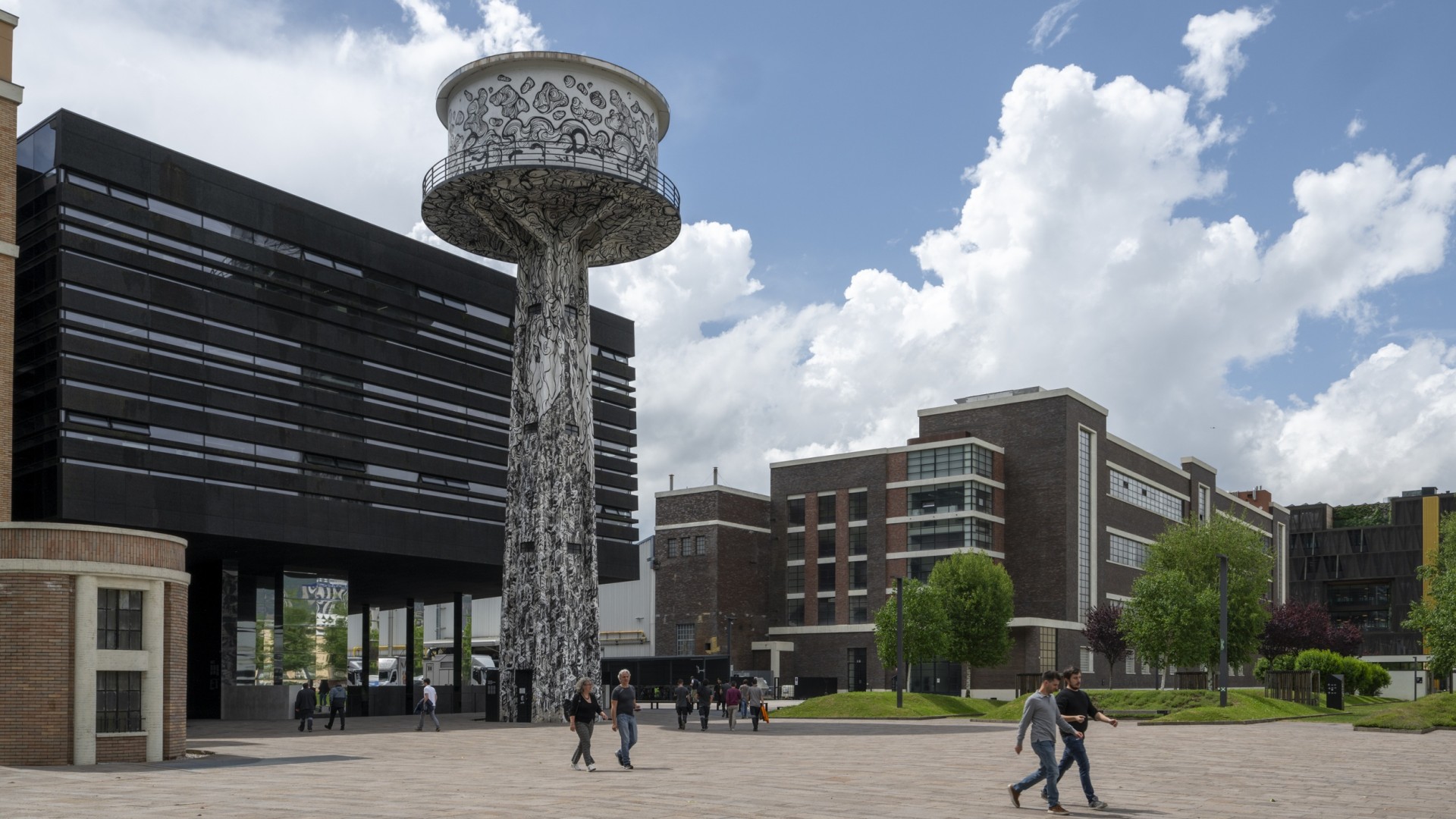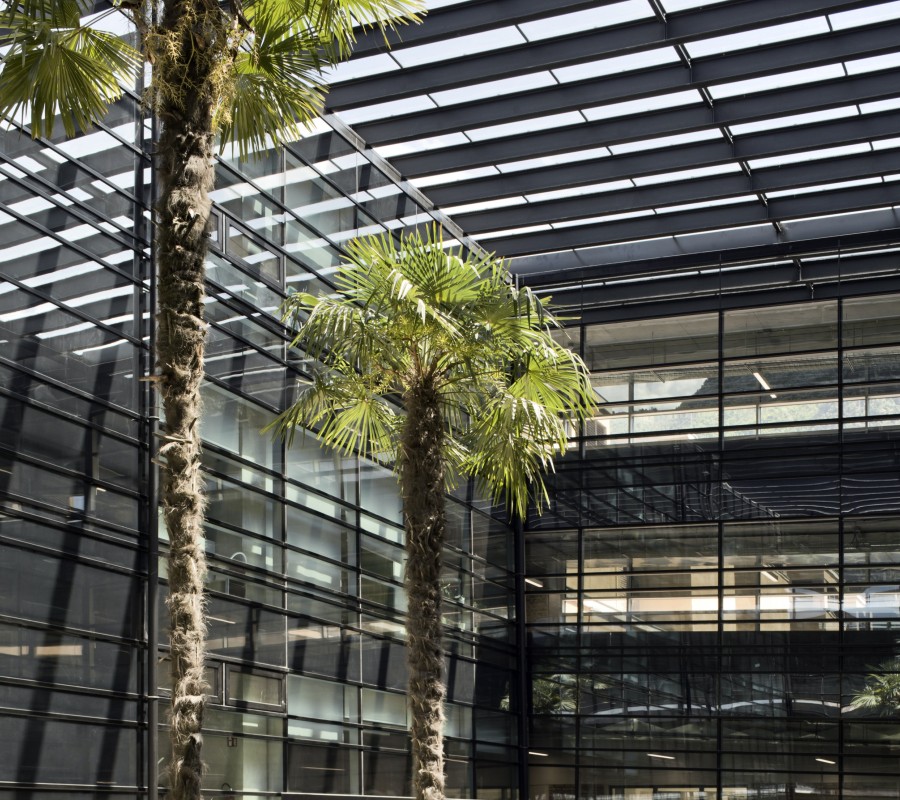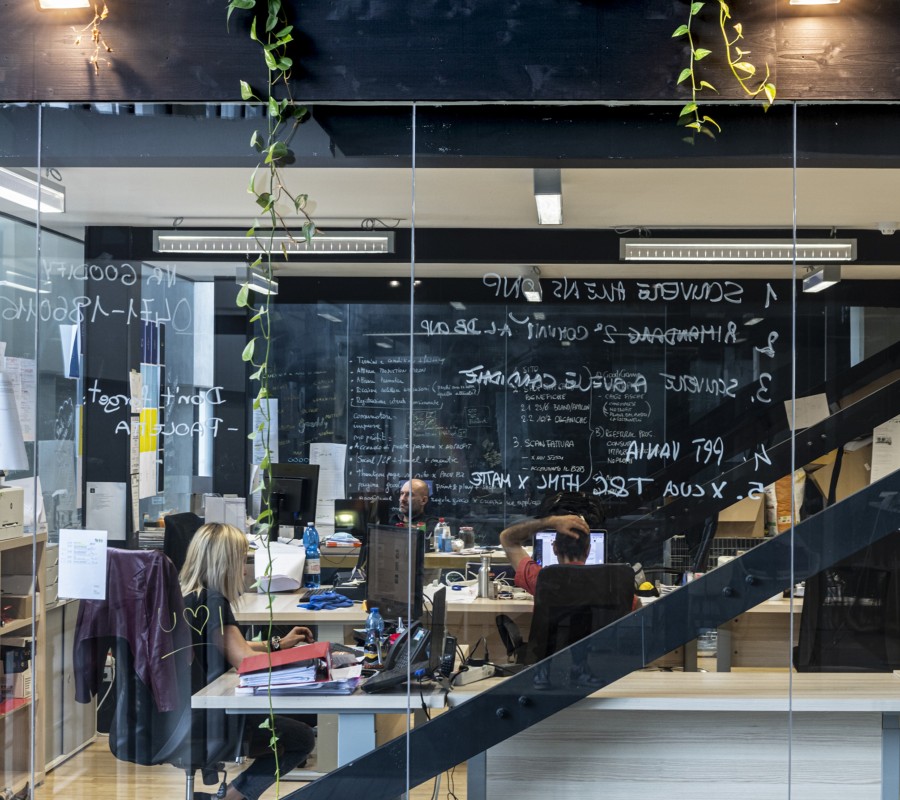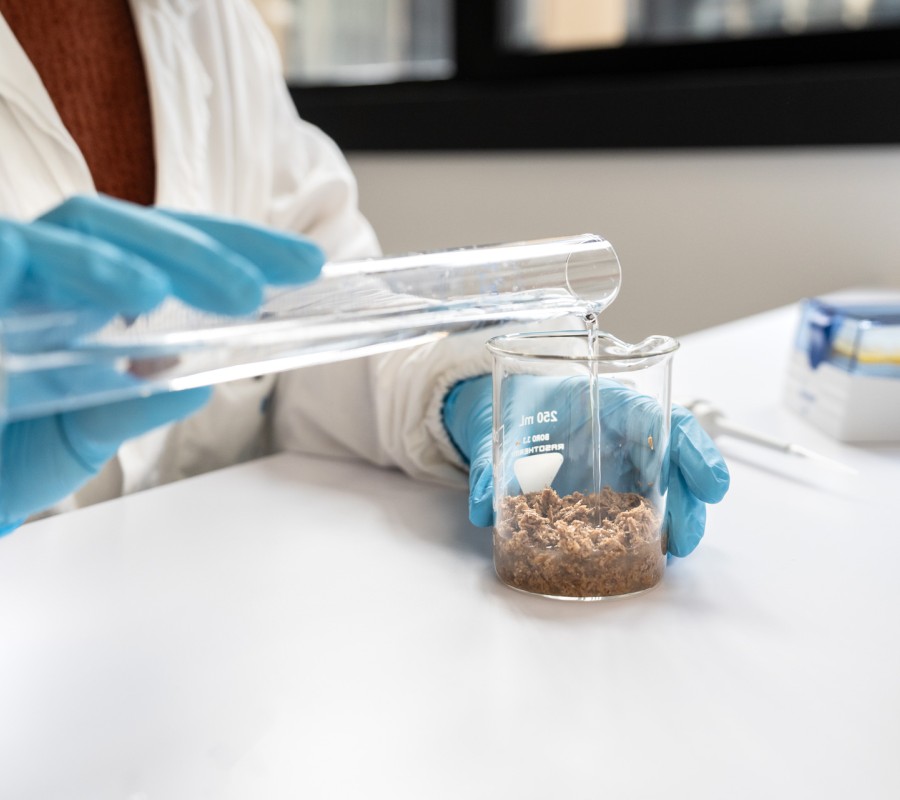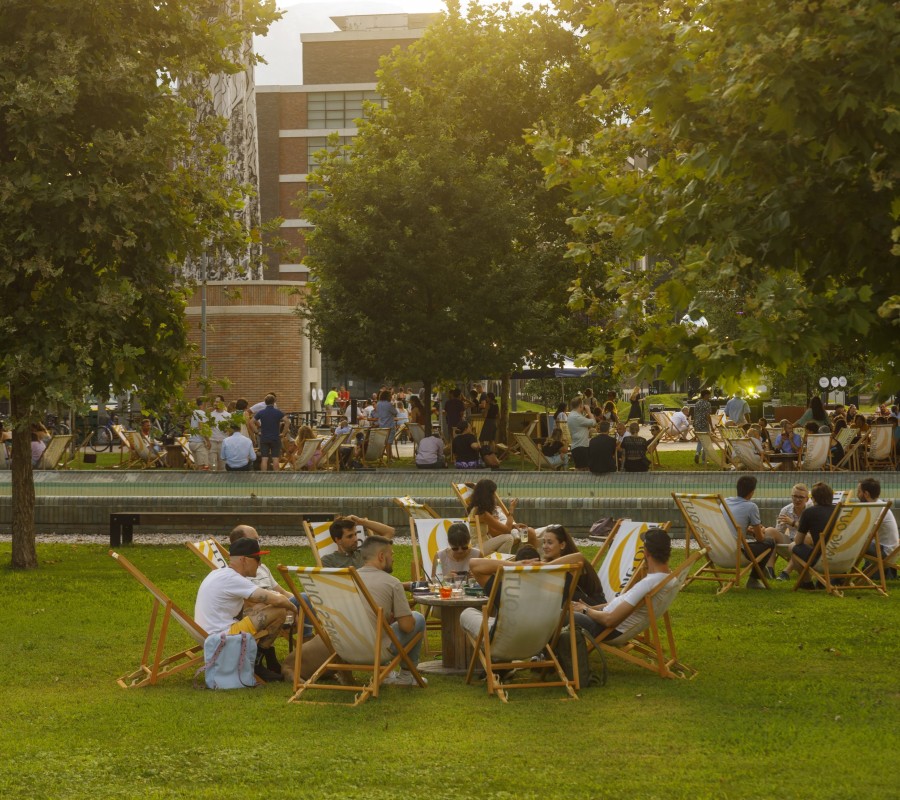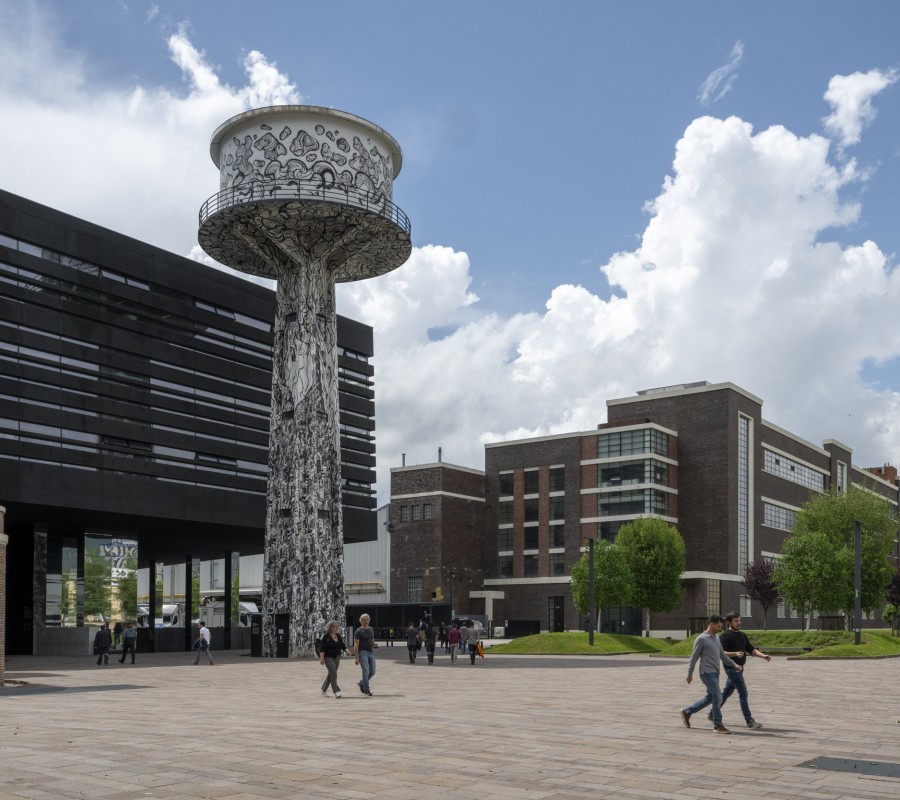Everything you need to know as a company
Robotics, programming, science, sensor technology. Try it out, have fun – learn!
Dear teachers, dear students,
Our MiniNOI for Schools programme is designed to give every student the opportunity for a fun and informed introduction to science and technology. To this end, we have developed workshops that deal with science, research, technology and innovation, adapted to the age, knowledge level and interests of young people.
Who is it for?
MiniNOI for Schools is aimed at primary and secondary schools in South Tyrol.
How does it work?
Once you have chosen a workshop, please complete the registration form on our website. We will get back to you with potential dates and additional information. Our staff are bilingual: we adapt to the language needs of each class.
Reserve early!
Participation is free, but space is limited: please note your date carefully so you don’t forget it! We will send you a reminder one week in advance.
Where and when?
Our MiniNOI for Schools workshops take place at NOI Techpark in Bolzano, usually from 8:45 a.m. to noon. We offer flexible scheduling for schools not based in Bolzano.
Supported by:

All available events.
Climate at Play
Our climate is changing rapidly, and its effects are felt daily across the globe...
Our climate is changing rapidly, and its effects are felt daily across the globe: extreme droughts, floods, and an unprecedented rise in temperatures. To make the complex dynamics behind this phenomenon more tangible and easier to understand, intertwining science, economics, and social dynamics, we have developed a board game that simulates the challenges of climate change. This workshop offers a practical and interactive approach to exploring the global strategies currently underway and the crucial role of scientific research. Together, we can experience firsthand the delicate balances and compromises required to confront the climate challenge: will you play with us?
Read more
Appropriate for
1. + 2. + 3. Secondary class
Category
Science
What a feeling!
Where do our emotions come from? What happens in our brains when we are scared o...
Where do our emotions come from? What happens in our brains when we are scared or when we laugh? Through experiments and hands-on activities, we will try to understand what happens in our bodies when we feel something and discover whether science has found ways to measure and understand our emotions.
Read more
Appropriate for
2. + 3. + 4. Primary class
TOOL
RaspberryPi, BITalino Kit
Category
Science
Science on the plate
What do we eat? And more importantly, why do we eat? Simple chemistry experiment...
What do we eat? And more importantly, why do we eat? Simple chemistry experiments will help us understand the ingredients in our food and why they are so important for our health and growth.
Read more
Appropriate for
4. + 5. Primary class, 1. + 2. Secondary class
TOOL
/
Category
Science
MICROthings
Microscopes, micropipettes and molecules: in this workshop, we follow in the foo...
Microscopes, micropipettes and molecules: in this workshop, we follow in the footsteps of the researchers working in Eurac Research’s biomedical laboratories. We learn how to use laboratory instruments. And we analyse the results of our experiments to learn new things about cells, DNA and bacteria.
Read more
Appropriate for
2. + 3. Secondary class
TOOL
/
Category
Science
Aromas, fragrances and scents
Our nose is not as sensitive – nor as big! – as those of many other animal s...
Our nose is not as sensitive – nor as big! – as those of many other animal species. That is why we often forget how important our sense of smell is. By exploring the world of aromas, scents and smells, we learn how our nose works and discover why our lives would be very complicated without it
Read more
Appropriate for
1. + 2. Primary class
TOOL
-
Category
Science
Cubetto
Programming a robot without a digital screen? It is possible! In this workshop, ...
Programming a robot without a digital screen? It is possible! In this workshop, we immerse ourselves in the world of robots, understand how they “think” and learn how to interact with them.
Read more
Appropriate for
1. + 2. Primary class
TOOL
Cubetto by Primo
Category
Robotics
Intelligent agriculture
We often think of agriculture as a very traditional industry... But in reality, ...
We often think of agriculture as a very traditional industry... But in reality, it is not. Farms are becoming more and more “smart”: farmers use various sensors to monitor plants and harvests and use increasingly autonomous machines to perform the more strenuous tasks. We will try this out for ourselves on a small scale, using sensors and microprocessors to monitor the condition of plants and soil.
Read more
Appropriate for
1. + 2. + 3. Secondary class
TOOL
Micro:bit, RaspberryPi
Category
Science & Electronics
Lego® Junior
Playing with Lego is fun, right? Absolutely! But what if our creations could mov...
Playing with Lego is fun, right? Absolutely! But what if our creations could move and transform into miniature robots? In this workshop, we learn the basics of construction and robot programming in a fun way. Sounds cool, doesn’t it?
Read more
Appropriate for
3. + 4. Primary class
TOOL
Lego Education Set, Tablet
Category
Robotics
Lego® Pro
Using colourful building blocks, cables, motors and sensors, we build a group of...
Using colourful building blocks, cables, motors and sensors, we build a group of robots that cooperate with each other: a real “intelligent system” that we will program with a tablet. Along the way, we will show you how block programming works.
Read more
Appropriate for
5. Primary class, 1. + 2. Secondary class
TOOL
Lego Education Set, Tablet
Category
Robotics
Electricity and circuits
Discover what energy is and how insulating and conductive materials work. We con...
Discover what energy is and how insulating and conductive materials work. We construct an electrical circuit with copper wire, batteries and light bulbs. Then, we use a microprocessor to explore how energy “flows”. It’s not magic, it’s the power of knowledge!
Read more
Appropriate for
2. + 3. Primary class
TOOL
MakeyMakey, RaspberryPi
Category
Electronics
Scratch Stories
Using the visual programming language Scratch, we quickly and intuitively create...
Using the visual programming language Scratch, we quickly and intuitively create our own animated film. By blending creativity, logic and computer science, we learn what is behind this technology, which we often deal with unconsciously in everyday life.
Read more
Appropriate for
3. + 4. Primary class
TOOL
Scratch, RaspberryPi
Category
Coding
Scratch Videogames
Time flies when you’re playing video games. But it’s even more fun when you ...
Time flies when you’re playing video games. But it’s even more fun when you program the game yourself and make your own rules. We show you how it works, from selecting settings and characters to choosing the difficulty level... and then the real challenge begins!
Read more
Appropriate for
5. Primary class, 1. + 2. + 3. Secondary class
TOOL
Scratch, RaspberryPi
Category
Coding
